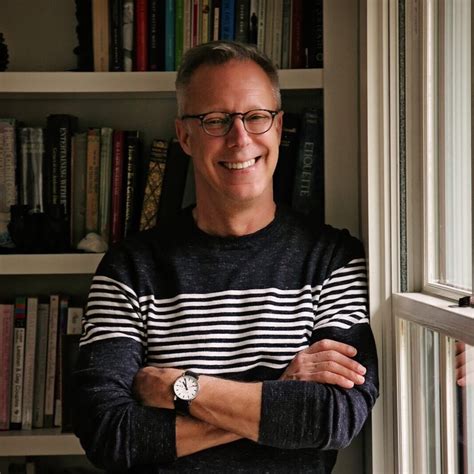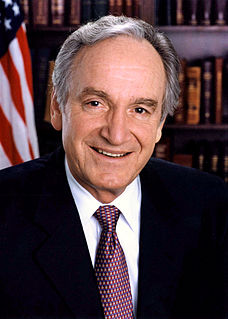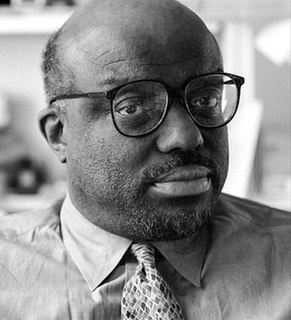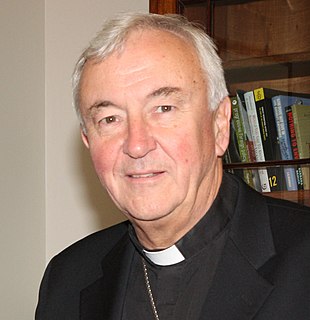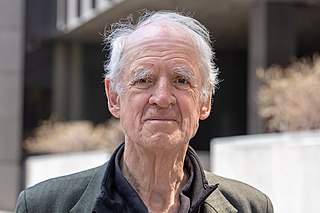A Quote by Michael Eric Dyson
Perception, after all, is not simply a matter of what you believe about yourself, it all encompasses what others think about you, and what has been thought of you historically. I say we can pay attention to those other dimensions of our identity - class, gender, sexual orientation, geographical region - while at the same time understanding how our historically produced racial identity continues to serve, or undercut us.
Quote Topics
About
About Yourself
After
Attention
Been
Believe
Class
Dimensions
Gender
Geographical
Historically
How
Identity
Matter
Orientation
Other
Others
Our
Pay
Pay Attention
Perception
Produced
Racial Identity
Region
Same
Same Time
Say
Serve
Sexual
Simply
Think
Those
Thought
Time
Undercut
Understanding
Us
While
Yourself
Related Quotes
Why would one's identity be a matter of feelings? I think that that's a misuse of terms, philosophically. Identity is mind independent. It's something that is objective, regardless of how you feel. So, the term gender identity seems to me to be something of an oxymoron. It's not really about one's identity. It's rather a matter of one's self-perception or one's feelings about oneself.
Being LGBT is not a choice. It's not about "a sexual proclivity." It's not a "lifestyle," as you put it. It's about our identity. Pride is a time when we come together to celebrate our community and when others do, too. Just as we do for other racial, ethnic, and religious groups that are part of the "tossed salad" nature of our society.
It is long past time to eliminate bigotry in the workplace and to ensure equal opportunity for all Americans. It is time to make clear that lesbian, gay, bisexual, and transgender Americans are first class citizens. They are full and welcome members of our American family and they deserve the same civil rights protections as all other Americans. It is time for us to prohibit discrimination based on sexual orientation and gender identity. Such discrimination is wrong and should not be tolerated.
There are numbers of different types of partnerships or pairings that may exist in society that aren't same-gender sexual relationships that provide for some right that we have no objection to. All that said... there may be on occasion some specific rights that we would be concerned about being granted to those in a same-gender relationship. Adoption is one that comes to mind, simply because that is a right which has been historically, doctrinally associated so closely with marriage and family.
What "Make America Great" means is it doesn't mean race, and it doesn't mean gender, and it doesn't mean sexual orientation, and it doesn't mean anything identity politics related that seems to appeal to the Democrat Party. It's about a culture. It's about an identity. It's about an idea - the American idea, the American ideal.
We define our identity always in dialogue with, sometimes in struggle against, the things our significant others want to see in us. Even after we outgrow some of these others—our parents, for instance—and they disappear from our lives, the conversation with them continues within us as long as we live.



